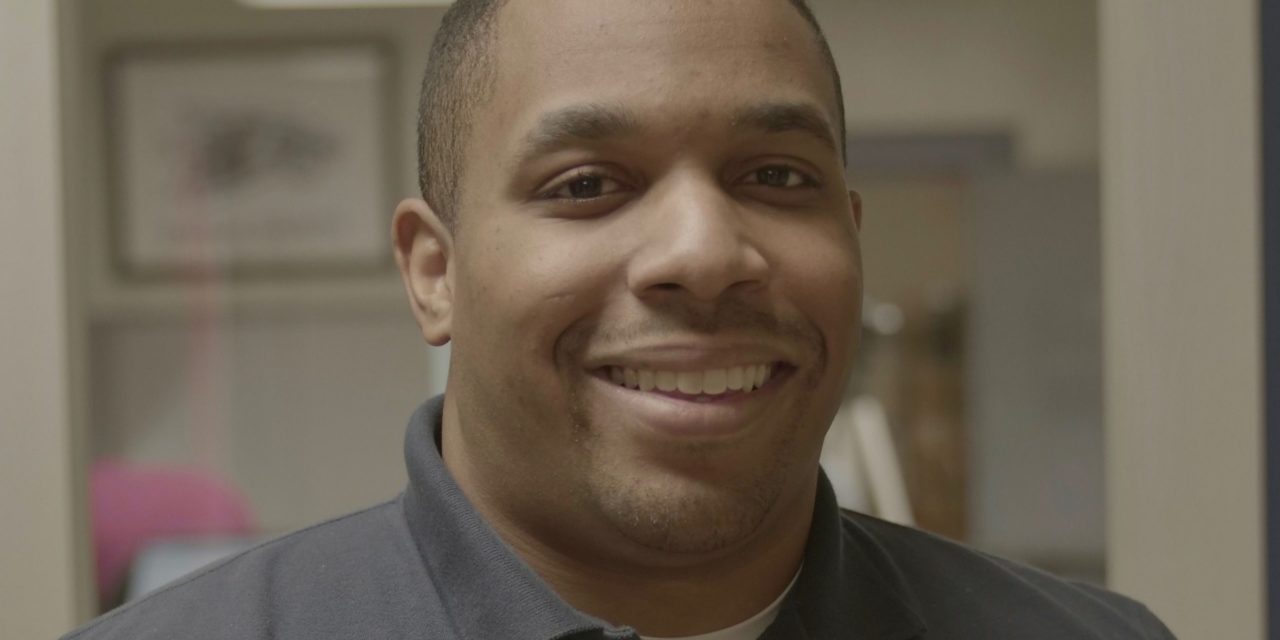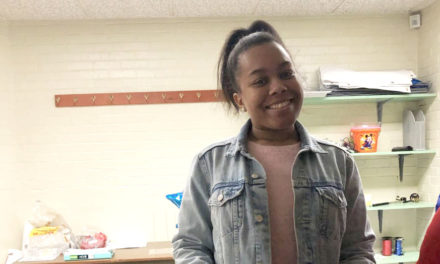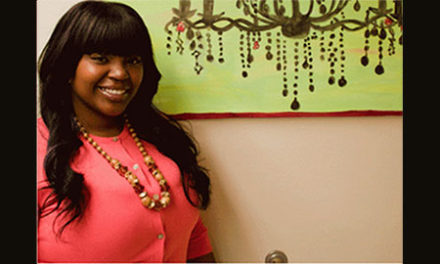By Benjamin Janocha; The Whetstone Â
 Wesley College’s Crime Log has been recording an overall reduction in public safety incidents on campus.
Last month, there were 23 incidents cited in the log; the most common are marijuana-related, seven.Â
“Alcohol and drug related offenses were the most common and those statistics were low,†Wesley’s Director of Public Safety Garrick Cornish said. “The goal of Public Safety is to be proactive to potential issues to mitigate any major concerns.â€
First-time college students seem far more likely to indulge in over-intoxication, peer pressure, fights, and other rash choices, sophomore Michael Monroe said. Â
“As for mitigation, the college should continue education about alcohol, raise awareness about its risks, and provide support and such for students,†he said.
“Choose the environment you want to be in,†said junior Itunu Ogundipe. Â
Ogundipe stressed that is important for students to surround themselves with others they feel comfortable around. “[It’s important to] hang out with the right people,†he said.
Freshman Sarah Habel said that it was paramount for students to speak up in order to prevent the escalation of alcohol-related accidents and recklessness. Â
Wesley Junior Grant Ford, member of the Alcohol and Drug Prevention Program, works to educate the Wesley underclassmen about the dangers of over-intoxication.
“There are going to be some people who listen but others will be, like, ‘What do they know? I’m invincible at this age,’†he said.Â
Wesley College has seen a drop from 53 on-campus drug violations referred for disciplinary action in 2017 to only five in 2018.
“Our annual security report shows reduction in crime on campus over the last few years,†Cornish said, crediting a partnership between Public Safety, Student Affairs, and Residence Life.Â
Although the volume of incidents have dropped, last month there were four incidents of suspicious activity, motor vehicle theft, and a possible vehicle hit and run.
Despite the severity of those incidents, Habel, Ford, and Monroe all still feel safe.
“I believe it’s a community effort,†Cornish said, highlighting the importance of student and faculty input in securing the campus.Â





